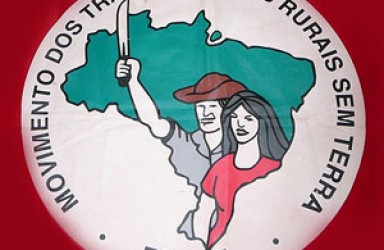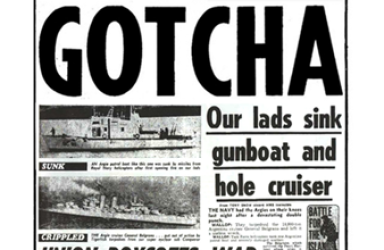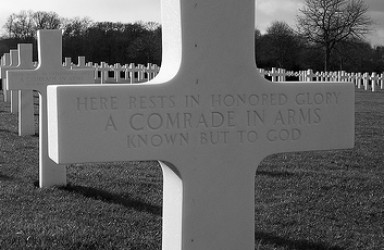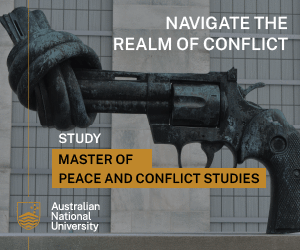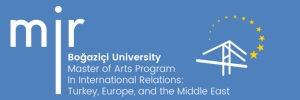Europe: ‘What Kind of Thing Are You’?
This essay suggests that ‘Europe’ cannot be primarily identified in terms of shared histories, cultures, or even geographies. Consequently, attempts to define the EU supranational paradigm as a teleological institution have failed, no European grand narrative of ‘unity in history’ (or culture, or religion) exists, nor can it exist.
Why do Big Nations Lose Small Wars?
War, like football- two games that are commonly known yet rarely understood. Two games, too often reduced to playing rather than winning, scoring goals rather than attaining them. Precisely because football is so well-established and the game “commonly understood”, it is crucially relevant in understanding small wars (a match between professionals and amateurs)
Brazil’s Landless Workers’ Movement: a Replicable Strategy for Social Change?
The strategy of the MST meets numerous challenges from within and outside of the movement. This essay will argue that those challenges are obstacles to its success in the fields of social transformation and political change. Therefore it is questionable if the movement’s strategy for social change has a future in Brazil or if it has reproducible strategy in other national contexts.
Piracy Jure Gentium & International Law
Piracy seems to be a notion of ages ago yet it is far from gone. News reports over the last couple of years show that pirates are far from extinct and that they are still very active. This paper discusses some of the actual items on the news today regarding piracy and international law, analyzing piracy today and providing a common understanding of piracy, before looking at its relation to International Law and law enforcement.
The Centre and the Regions in Contemporary Russia
There is widespread acknowledgement that Putin’s federal reforms have had considerable success in subordinating regional authorities to the will of central government. And undoubtedly, Putin believed that such reforms were a necessary aspect of reigning in the “emotionalism” and resultant chaos of the Yeltsin years.
Deterring Terrorists and Deterring States: Fundamentally Different Tasks?
In this paper I will argue that the idea that there is a New Terrorism, which “requires bold new strategies because of its shadowy character and its incalculable dangers”, should be contested to avoid the possibility of ‘non-knowledge’ being taken as an excuse to justify extreme counter-terrorism policies.
Compare and contrast the British government’s use of propaganda in the Suez crisis and the Falklands war
The 1956-1957 Suez Crises/Tripartite Aggression and the 1982 Falklands/Malvinas War each provide a rich insight into the use of propaganda by the British establishment in advancing its national and international aims, but with almost diametrically opposite consequences.
The Political Realism of Thucydides and Thomas Hobbes
The Realist school of thought in International Relations has claimed both Thucydides and Hobbes as two of their intellectual forefathers and in doing so has suggested that the core beliefs and views of these two political thinkers can be classified as Realism. Although the key realist ideas can be found in both authors, there are significant differences that need to be addressed.
‘Humane Warfare is a Contradiction in Terms.’ Discuss
The task in this essay is to identify the concept of humane warfare by assessing whether it is contradictory to apply humanity into warfare. This essay will attempt to argue that the term ‘humane warfare’ is definitely and always a contradiction.
A Cold War without Nuclear Weapons
Nuclear weapons increased the state’s destructive power, particularly after the development of thermonuclear weapons, with effectively no limits. With greater destructive yields and shorter delivery times courtesy of intercontinental ballistic missiles (ICBM), it is commonly understood that had the cold war turned hot, it would have been the end of civilisation as we know it. But did nuclear weapons keep it cold?

